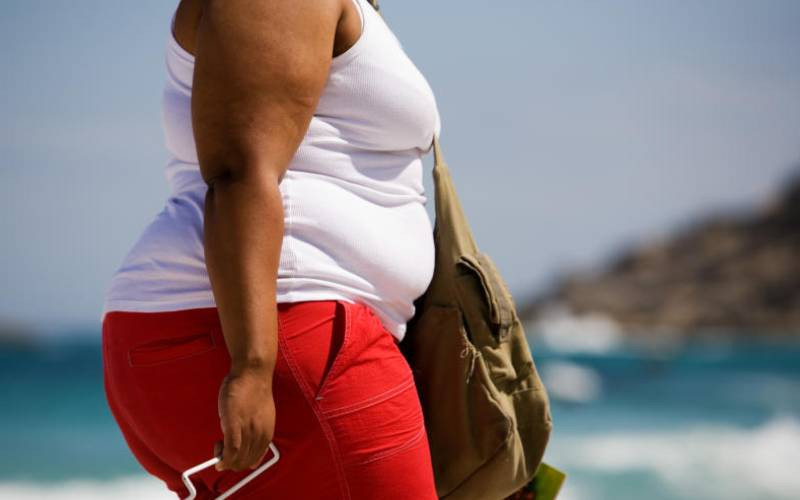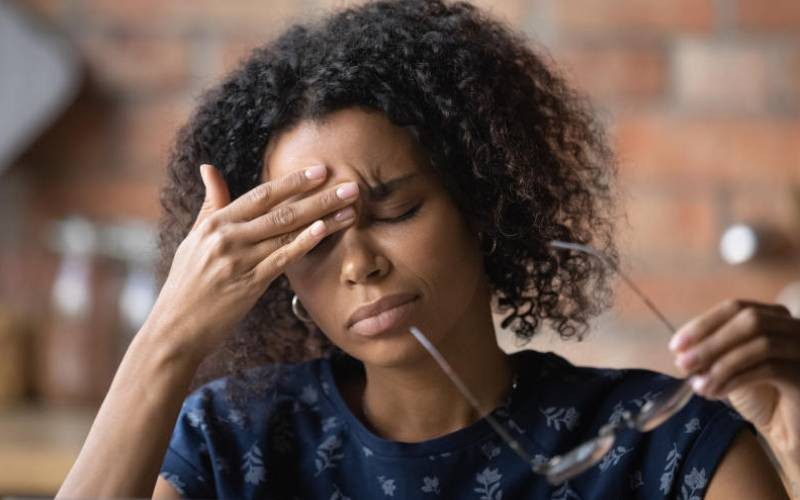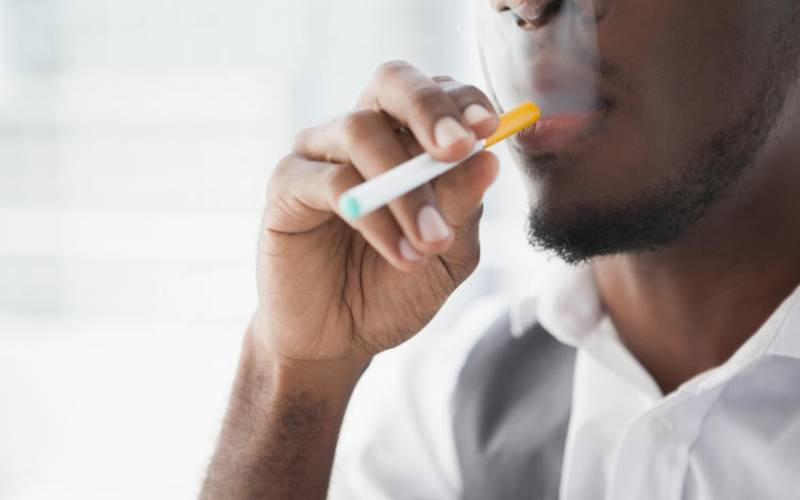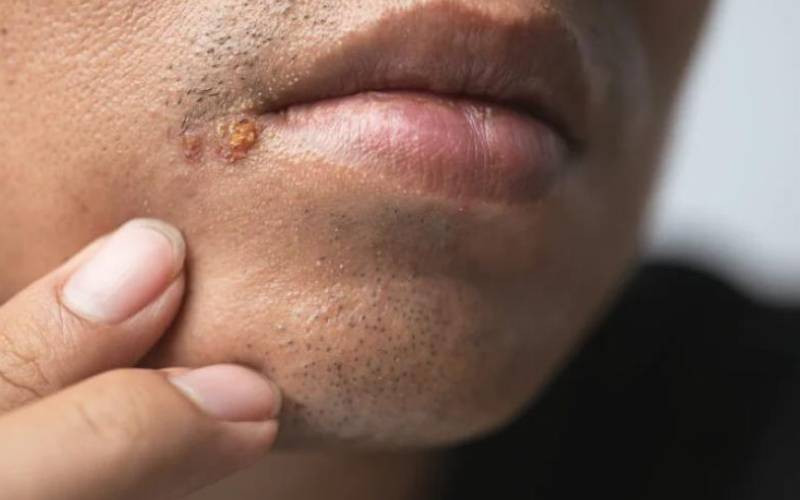
If you think spots are just a teen problem, think again. Millions of women in their 30s, 40s and beyond are dealing with acne.
And, according to a study by WhatClinic, 88% of skincare specialists have seen an increase in enquiries from adults with spots, blemishes and acne, with more than a third of people over 35 seeking treatment.
So what’s causing this?
More than a quarter (27%) of specialists put it down to stress and hormones. A similar number said it was due to increased awareness of treatments.
Diet (15%) and pollution (12%) were also named by experts as causes of adult acne. Dr Terry Loong, cosmetic doctor, hormonal expert and author of The Hormonal Acne Solution, says triggers include:
A high-sugar diet: Sugar is inflammatory and increases oil production by converting testosterone (a male hormone which governs the oil our skin produces) to a more potent dihydarotestosterone.
Stress: Increased cortisol – the stress hormone – increases blood sugar, inflammation and blood pressure. It also affects gut health, affecting digestion and nutrient absorption. Stress can also increase wear and tear of skin cells and impact skin repair.
An unhappy gut: The official term is gut dysbiosis – the gut may be over-populated by bad bacteria so nutrient absorption is affected, leading to leaky gut syndrome, allergies or breakouts. This can occur because of antibiotics, illness or a bad diet.
Food sensitivity: Food intolerance caused by a genetic tendency or gut dysbiosis can trigger acne, skin rashes, aches and pains, foggy brain, excessive phlegm and disturbed sleep. Common acne culprits include dairy, gluten, caffeine, alcohol and peanuts.
Pollution: Exhaust fumes and toxic chemicals can lead to inflammation, pore blockage and a higher acne risk.
Hormonal imbalance: Fluctuations during the menstrual cycle, pregnancy and around the menopause have all been linked to acne. Women who suffer with polycystic ovary syndrome are also more prone. They have higher levels of testosterone, which increases sebum, leading to coarser hair growth so follicles are likely to get blocked.
Medication: Drugs including corticosteroids, anticonvulsants, lithium, barbiturates, androgenic steroids, DHEA and medication with bromides or iodides can cause acne.
Vitamin D deficiency: This is an intracellular hormone that affects the balance of other hormones. When it is low, it can affect immunity, including how skin repairs itself and fights off bacteria. It also suppresses sebaceous gland activity and oil production.
Top tips to zap zits
Dr Jonathan Bowling, consultant dermatologist at The Nuffield Health Manor Hospital, Oxford says:
Exercise: It can help unblock your pores by making you sweat. Wash after exercise before the sweat dries.
Eat right: Too much sugar, dairy and refined carbohydrates can make acne worse. Almonds, blueberries, avocados and kidney beans are among a range of foods which may help to reduce and to prevent inflammation.
Get some rays: Just 15 minutes of sun a day could help treat the symptoms of acne. However, any longer and the drying effects could block pores further.
Drink lots of water: It’s essential for liver function which controls hormone production.
 The Standard Group Plc is a multi-media organization with investments in media platforms spanning newspaper print
operations, television, radio broadcasting, digital and online services. The Standard Group is recognized as a
leading multi-media house in Kenya with a key influence in matters of national and international interest.
The Standard Group Plc is a multi-media organization with investments in media platforms spanning newspaper print
operations, television, radio broadcasting, digital and online services. The Standard Group is recognized as a
leading multi-media house in Kenya with a key influence in matters of national and international interest.










